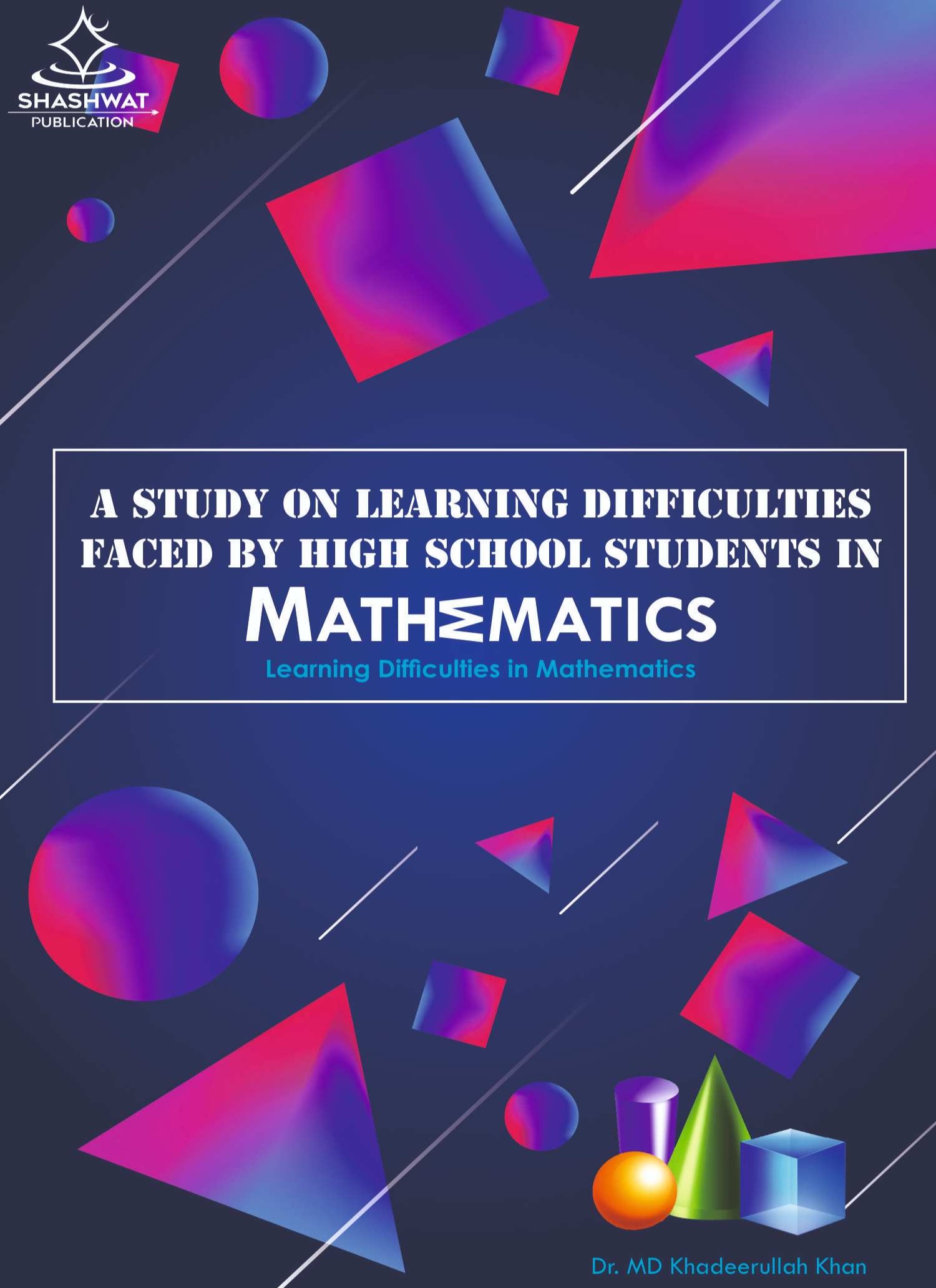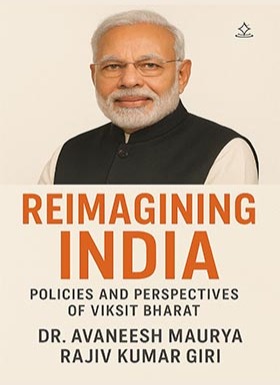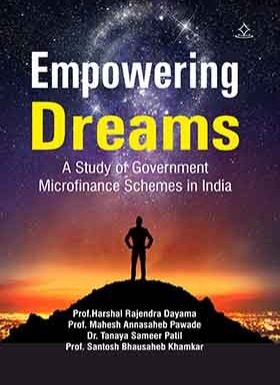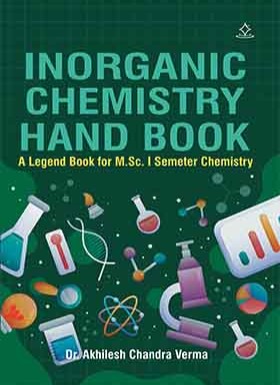


ISBN : 978-81-943858-9-9
Category : Academic
Catalogue : Economy
ID : SB19938
A Study on Learning Difficulties faced by High
School Students in Mathematics
Dr . MD Khadeerullah Khan
Paperback
450.00
e Book
200.00
Pages : 270
Language : English
About Book
The Learning of Mathematics occupies greater significance in the present century as most of the people give more and more importance for mathematics to fulfil the challenges of technological advancements takes place in the society. The teacher as well as the student of mathematics has to mould themselves to face the challenges of mathematics in class room, due to the knowledge explosion takes place through technology, internet and other sources. There is a general apprehension among many students, parents that Mathematics is a difficult subject to learn. This impression has to be modified and a better atmosphere has to be created for learning Mathematics. This book makes an attempt to find the difficult content areas of Mathematics as perceives from students as well as teachers. This book also reveals the Perceptions of students and teachers towards Learning Mathematics, Difficulty levels as perceives from students as well as teachers. It also reveals the attitude of students towards Learning Mathematics. The relation between difficulty level and achievements level of students based upon academic standards. It is observed that most of the students are facing difficulties in learning mathematics especially in content areas Geometry and Mensuration. The teacher education programmes should prepare teachers who are competent enough to meet the challenges with confidence and enthusiasm. It is hoped that this book would meets the needs of students and teachers of mathematics to create effective teaching learning process. Obviously, no book is perfect, and there is always scope for its improvement. This being so, the author invite feedback on the book from both faculty members as well as agencies of education. This book would not have been possible without the co-operation and encouragement given by many. I take this opportunity to thank Professor B. Syam Mohan David, Head of the Department. SV University, Tirupati for his support and encouragement. Professor S.
Customer Reviews




